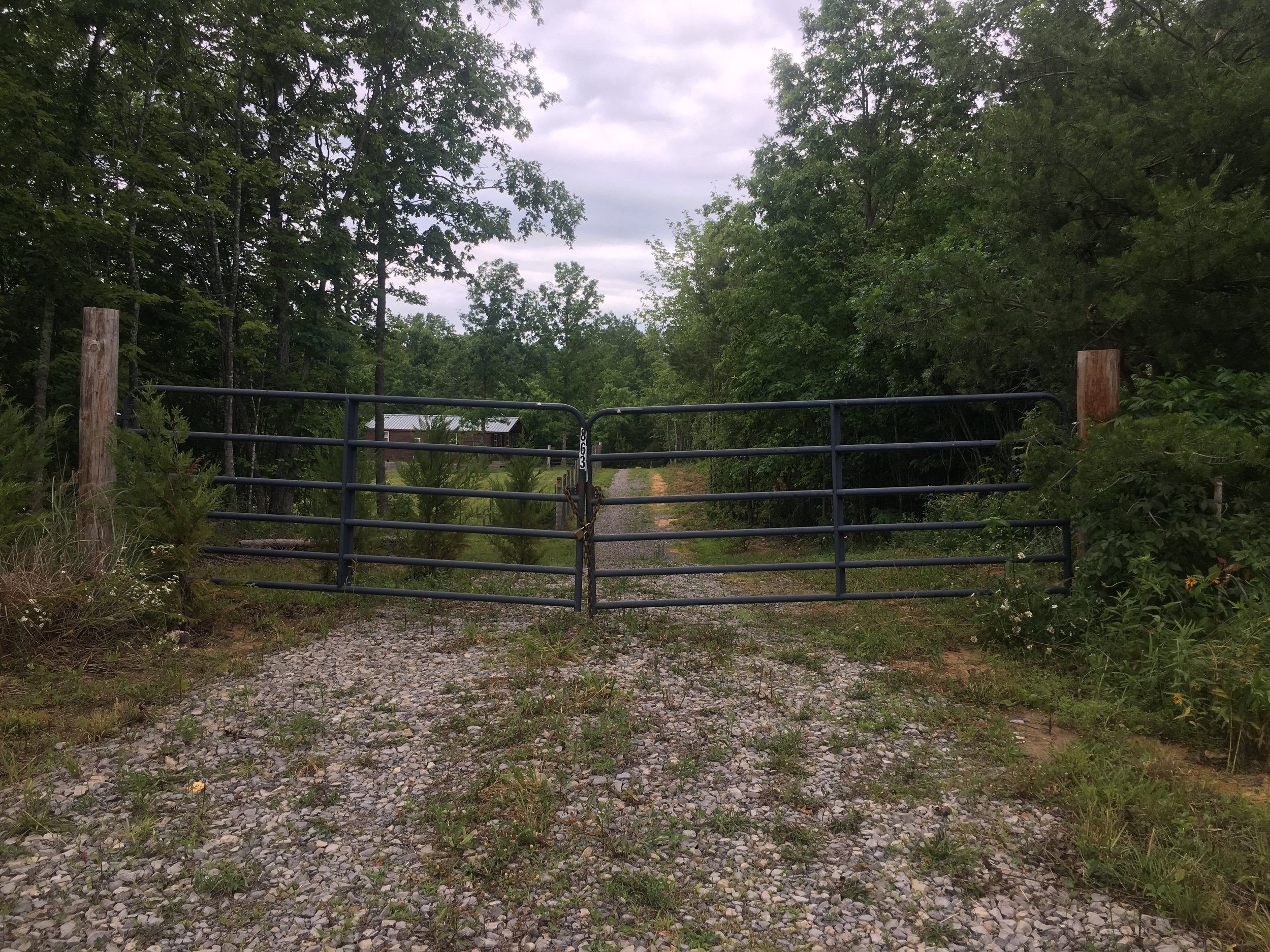Having compassion
In a post I wrote last week I talked about how I go in and out of waves. From anger, to letting it go so it does not take up space in my heart, to feeling grateful for having being blessed with what I was given through my relationship. I've been thinking more and more about healing and being mindful. I've also been listening to a lot of podcasts about practicing mindfulness. And because of that...
I ask myself often how does one go about feeling compassion for someone who just offended, ignored, or betrayed them? The most difficult time to enter into a more loving state of being is in the moment of offense, and for that matter every moment thereafter. And yet, for healing to be fully felt and experienced, compassion must return to the wounded heart, and it is the very source of the peace that is sought.
But how does one develop that compassion? Is it easily read in a manual, does it come with time? Does it come with practice? Does it only ever come with an apology or closure? What if you never get closure?
In an article about stress and anxiety I saw a great example that related to my thoughts about this concept of healing. In the article there was a quote from Roy Masters about one technique he shares to help people develop compassion and reduce resentment. Roy Masters is a prolific author and radio host that teaches mindfulness meditation exercises currently used by the Army to help soldiers cope. Though the whole quote is worth commenting on, I’mnjust going to highlight this one part
“Imagine, however, that someone said or did something cruel to you, but that you did not react in any way whatsoever – you did not become upset, resentful or even ruffled. You simply observed that this person was saying or doing something cruel, as though you were calmly observing the scene in a movie. You simply would not be stressed by what would appear to others to be a highly stressful encounter. Stress and cruelty affect us as profoundly as they do only because we react to them resentfully.”
Why is it that you can watch something potentially offensive occur in a movie and not explode about it, but if it happens to you in real life, it is a big deal? At least one reason is your ego (or your big Snooze) was involved in one situation and not the other. In one case you were just observing something that has no bearing on your identity/ego, in another you believed some part of your worth was actually on the line. This simple fact brings an interesting thought. When watching a movie or television series, have you ever been able to have compassion for the “bad character”, because you’d been shown their backstory and the reasons for all their pain?
I think the TV series This is Us did a great job at this (any other fans out there?). The underlying theme of the show was redemption, both individual and collective. From eating due to past hurt, to anxiety if not being good enough from being different. Through flashbacks, the show helped you truly understand why it was that each of these individuals acted in dysfunctional ways. As a result, instead of despising the deeply flawed characters, you actually had compassion for them and each of their unique kinds of weaknesses and human frailties. You hated that Kate hurt Toby, but you understood the why. This is because you understood that when they hurt another character you liked, it was often because they themselves had been hurt. Instead of being offended by their actions, you found yourself rooting for them to overcome their challenges — you wanted them to find the happiness and wholeness they were seeking.
What if you could do the same thing with the people in your life? You may think you know your spouse, or children, or friends. But there will always be a great deal that you do NOT know about them. ( Actually today during a Criminal Minds episode, Dr. Reed said---do we ever really know someone" ?). The shame that each individual faces in life often causes them to hide the ugliest parts of their lives for fear of not being accepted as they are. (Believe me, I've seen this first hand). Though you might think you know someone, what you know is really just the part that they feel comfortable revealing to the world.
What if you could treat their weaknesses like you treat those of some flawed character in a movie or TV show you watch? What if you truly knew the root of their pain and the reasons they act out against you or others? What if you knew all their insecurities, fears, shames, guilts? What if you knew their past pain, anguish, etc? Would this help, find baking and lose the resentment?
Do you think that your compassion for them would increase and be more of an automatic response? Would you be able to forgive more easily? Would you root for them, even in their weakness? Even when they've destroyed so many pieces of your life?
This is what those in your life need you to be able to do! I think this is where it starts. It is the beginning of compassion, and therefore the beginning of healing. It is a hard battle and I don't know that I'm there yet, because my situation was particularly damaging, and back and forth, and came with a lot of intentional hurt and abandoning and broken promises---but I know that I will try. I will say it out loud and I will try.








































